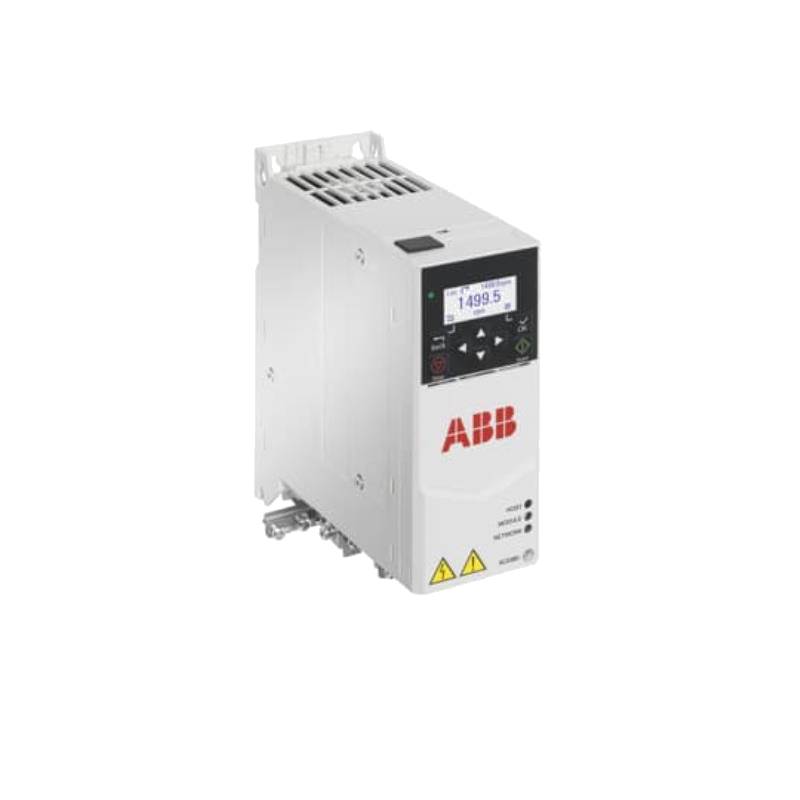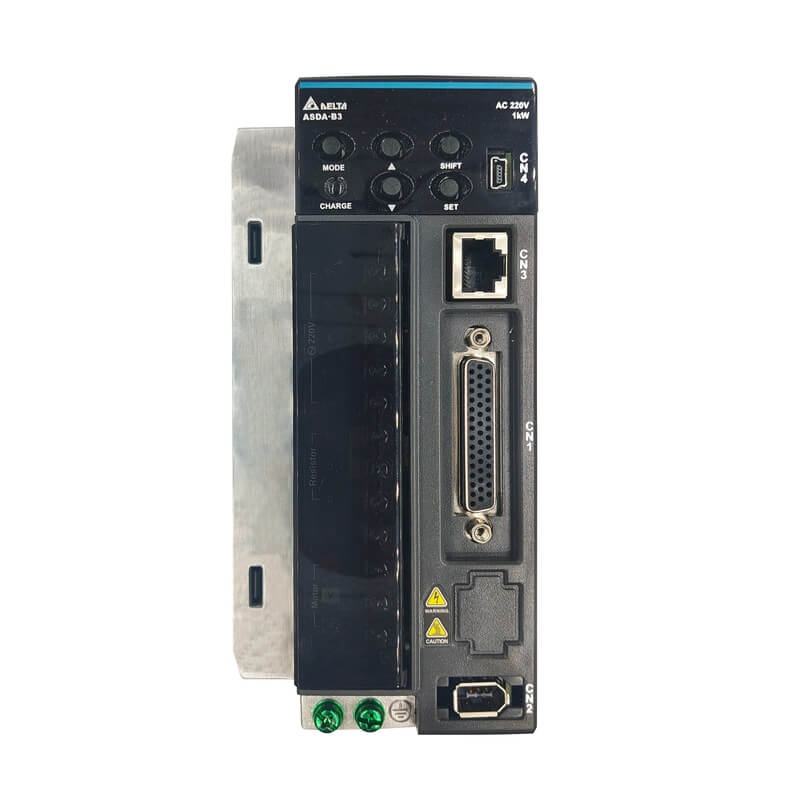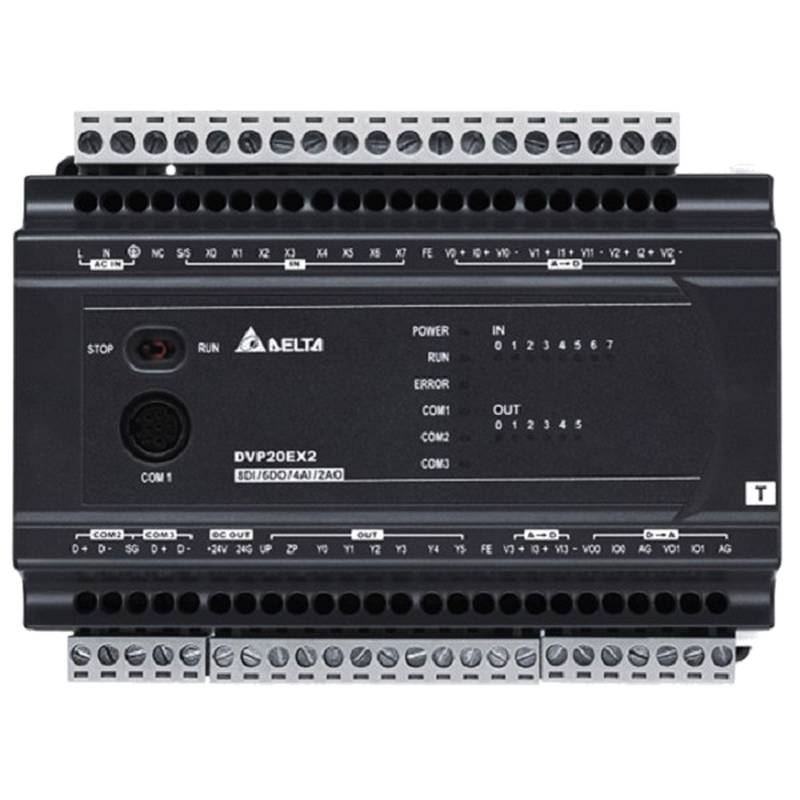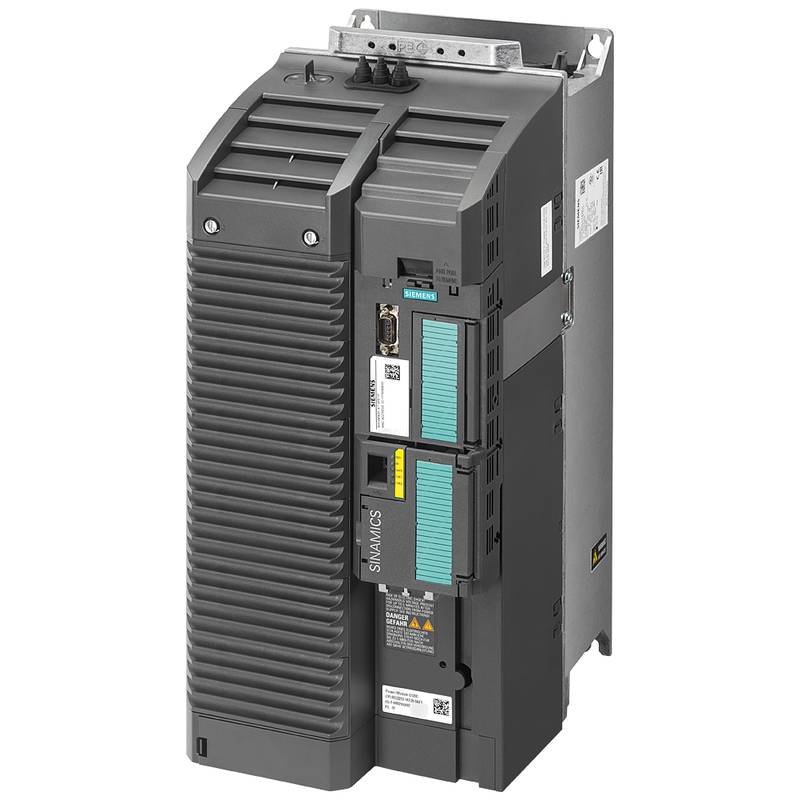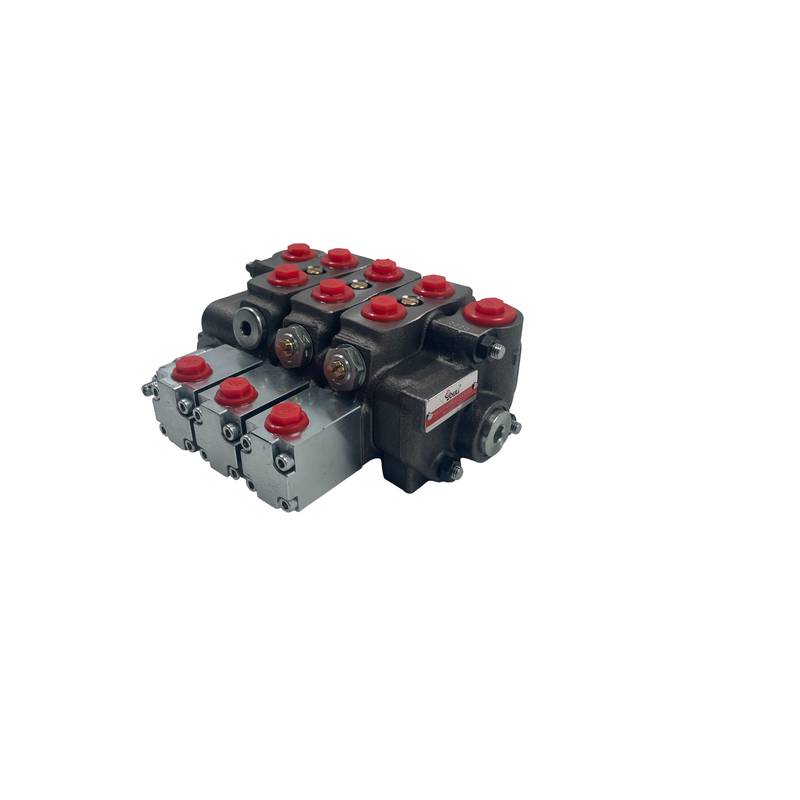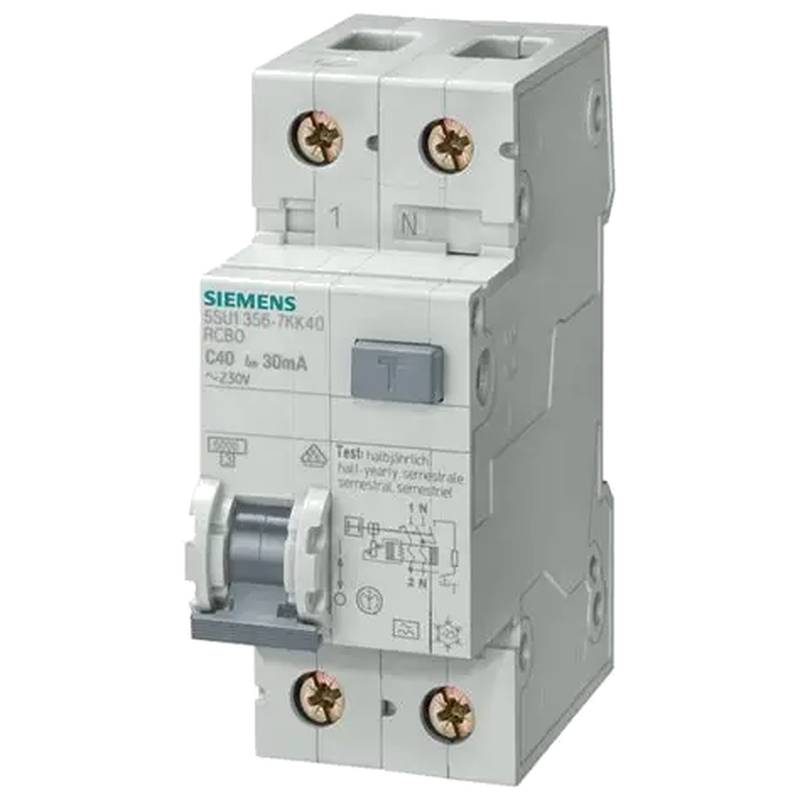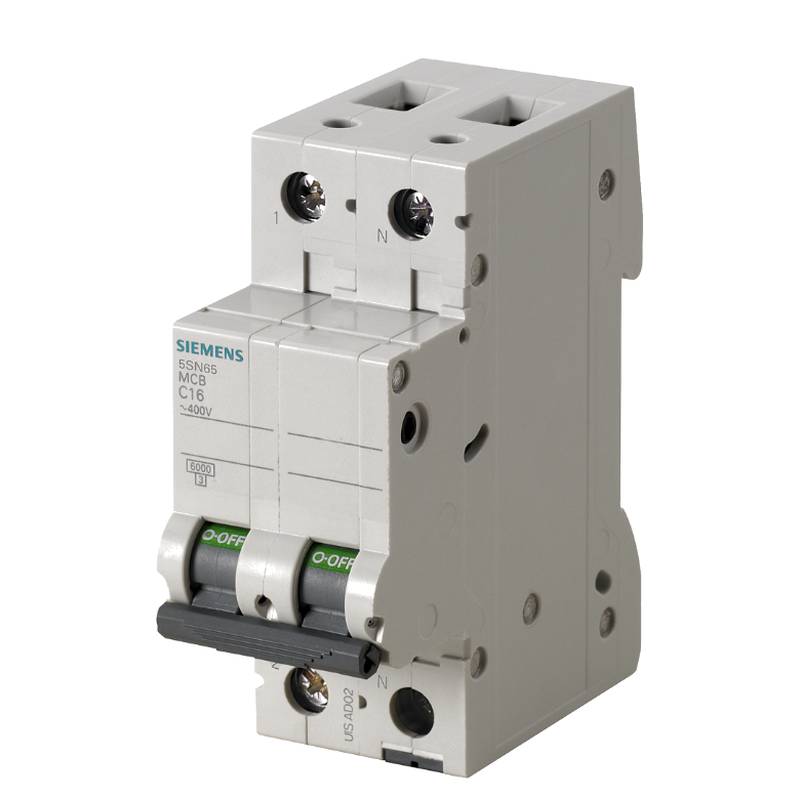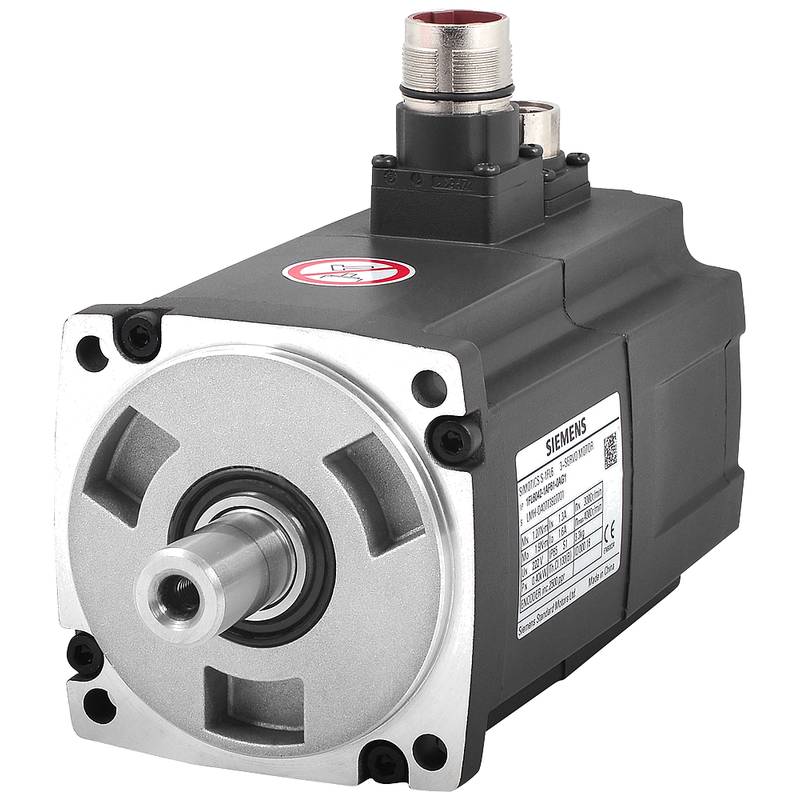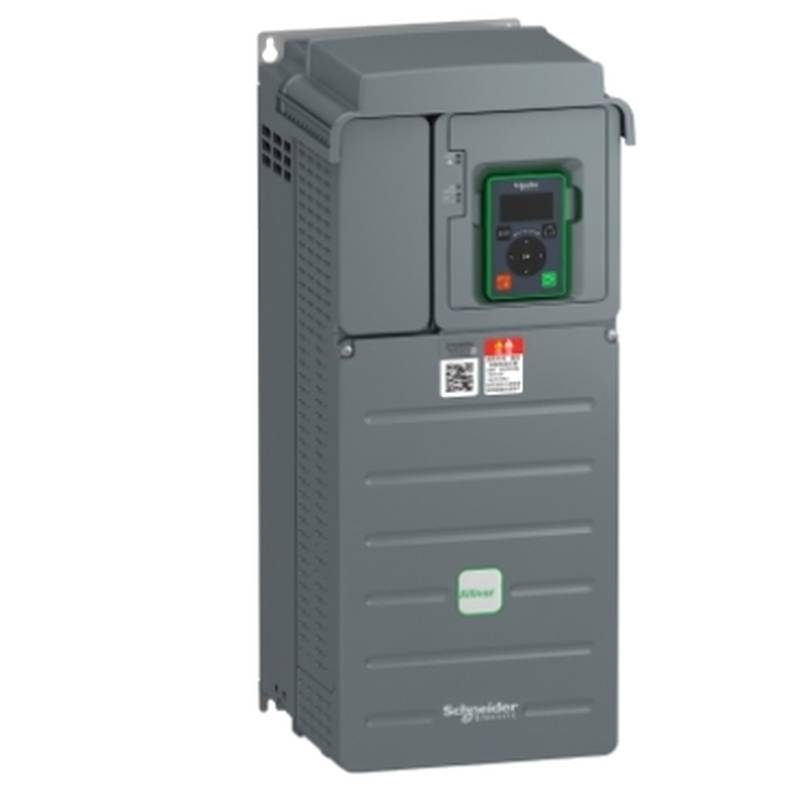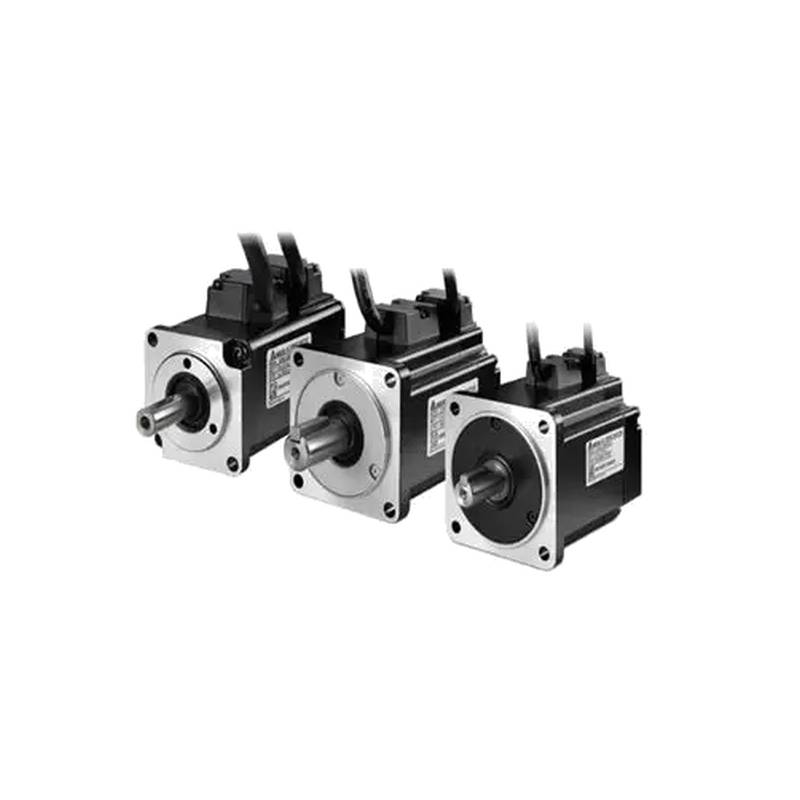
The ABB ACS380-040S-045A-4 is a robust industrial drive unit designed for a wide range of variable speed applications. This VFD boasts a 45A current rating and a substantial 22kW power output, making it suitable for demanding motor control tasks. Its key advantages lie in its compact design, built-in safety features, and intuitive user interface, facilitating seamless integration and operation. The drive is engineered for reliability and efficiency, offering precise motor control and energy savings across various industrial sectors. Key technical parameters include an input voltage range of 380-480V AC and an output frequency of up to 600Hz, ensuring versatility for diverse motor types and operational requirements.
Product Specifications
| Parameter | Value |
| :------------------------ | :----------------------------------- |
| Model Number | ACS380-040S-045A-4 |
| Rated Current (A) | 45 |
| Power Rating (kW) | 22 |
| Input Voltage (V AC) | 380-480 |
| Output Frequency (Hz) | 0-600 |
| Enclosure Class | IP21 |
| Dimensions (H x W x D) mm | 310 x 220 x 205 |
| Weight (kg) | 9.5 |
| Control Type | V/f, Flux, Vector control |
| Braking Options | Dynamic braking, optional resistor |
Core Features & Market Positioning
The ABB ACS380-040S-045A-4 distinguishes itself in the market through its robust construction and advanced control capabilities. Its integrated safety features, including Safe Torque Off (STO), significantly enhance operational security and reduce the need for external safety components, aligning with stringent industrial safety standards. The drive's compact footprint is a significant advantage for installations with limited space, a common constraint in many industrial environments. Furthermore, ABB's reputation for reliability and performance in variable frequency drives (VFDs) positions the ACS380 series as a dependable choice for applications demanding consistent and efficient motor control. The drive’s versatility in motor control modes (V/f, Flux, Vector) allows for optimization across different motor types and load profiles, ensuring peak performance and energy efficiency.
Key Application Scenarios
This ABB ACS380 drive unit finds extensive use across numerous industrial sectors due to its power and flexibility. It is a prime candidate for applications such as pumps and fans, where precise flow or air volume control is essential for optimizing energy consumption. Conveyor systems in logistics and material handling benefit from the ACS380's smooth acceleration and deceleration capabilities, ensuring product integrity and operational efficiency. In the processing industry, it is utilized for mixers, extruders, and other machinery requiring variable speed to adapt to different product types or production rates. The drive's robust design also makes it suitable for demanding environments found in manufacturing plants, water treatment facilities, and food and beverage production.
Practical System Integration Guidance
Integrating the ABB ACS380-040S-045A-4 into an industrial system is streamlined through its user-friendly design and comprehensive documentation. For electrical connections, ensure the correct voltage and current ratings are observed, with proper grounding and shielding of motor cables to prevent electromagnetic interference. The drive supports various communication protocols, allowing for easy integration into existing SCADA or PLC systems; common options include Modbus RTU, which can be configured via the drive's parameter settings. Commissioning involves setting motor parameters, such as nominal voltage, current, frequency, and speed, followed by adjusting application-specific parameters like acceleration/deceleration times and speed limits. The intuitive control panel and ABB's Drive Composer software further simplify parameter configuration and system setup, enabling rapid deployment.
Operation and Risk Mitigation
Safe operation of the ABB ACS380-040S-045A-4 is paramount, with built-in safety functions like Safe Torque Off (STO) preventing unexpected motor starts. Users must always follow lockout/tagout procedures during maintenance and ensure the drive is properly isolated from power before any physical intervention. Common troubleshooting for VFDs often involves checking for overcurrent or overvoltage faults, which can typically be resolved by verifying motor load, supply voltage stability, and correct parameter settings. For instance, if an overcurrent fault occurs, re-evaluating the motor's starting torque requirements and ensuring the drive’s current limit is appropriately set is crucial. The drive’s diagnostic indicators and fault code display provide valuable information for identifying and resolving issues, minimizing downtime.
Scalability & Long-Term Value
The ABB ACS380-040S-045A-4 offers considerable scalability and long-term value for industrial operations. Its compatibility with ABB's broader portfolio of automation products and services ensures that it can be integrated into larger, more complex systems as operational needs grow. The drive supports various communication protocols, facilitating seamless connection with IIoT platforms and digital manufacturing ecosystems, enabling remote monitoring, diagnostics, and predictive maintenance. This interoperability enhances operational visibility and allows for data-driven decision-making, optimizing plant performance and reducing total cost of ownership. The robust build quality and ABB's commitment to product development ensure that the ACS380 remains a relevant and efficient solution for many years.
FAQs
What is the primary function of the ABB ACS380-040S-045A-4 drive unit?
This industrial drive unit controls the speed of electric motors. It allows for precise adjustment of motor RPM. This leads to energy savings and optimized process control.
It offers variable frequency output to match motor speed with load demands. This versatility makes it suitable for many applications. It ensures efficient operation and extends equipment life.
The drive manages motor startup and shutdown smoothly. It also provides protective functions against electrical faults. This enhances system reliability and safety.
What are the key technical specifications for the ABB ACS380-040S-045A-4?
The unit is rated for 45 Amps and 22 kilowatts of power. It operates on an input voltage of 380 to 480 Volts AC. The output frequency can range from 0 to 600 Hertz.
Its enclosure class is IP21, providing basic protection against solid objects and water. Dimensions are compact, measuring 310x220x205 mm. The drive weighs approximately 9.5 kilograms.
It supports multiple control modes including V/f, Flux, and Vector control. Dynamic braking is a standard feature, with optional resistor integration.
What types of industrial applications are best suited for the ACS380-040S-045A-4?
This VFD excels in variable torque applications like pumps and fans. It provides efficient flow and airflow control. This reduces energy consumption significantly.
It is also ideal for conveyor systems and material handling. Smooth acceleration and deceleration are crucial here. It ensures gentle product movement and operational stability.
Other applications include mixers, extruders, and general manufacturing processes. Any setup requiring precise motor speed adjustment benefits greatly.
How do I install and wire the ABB ACS380-040S-045A-4?
Ensure the power supply matches the drive's 380-480V AC rating. Connect the main power cables to the designated terminals. Use shielded cables for the motor connection to minimize interference.
Proper grounding of the drive and motor is essential for safety and performance. Follow wiring diagrams precisely for control signals and any external components. Adhere to local electrical codes.
Consult the ABB ACS380 manual for detailed instructions. Pay close attention to torque specifications for terminal connections. Verify all connections are secure before applying power.
What are the main safety features of this ABB drive unit?
The ACS380-040S-045A-4 includes Safe Torque Off (STO) functionality. This is a critical safety feature. It prevents unexpected motor starts during maintenance.
This STO function requires a dedicated safety input signal. It eliminates the need for complex external safety circuits. This simplifies installation and reduces costs.
Always follow proper lockout/tagout procedures. Ensure power is disconnected before any physical work on the motor or drive. Refer to the safety manual for STO implementation details.
How does the ACS380-040S-045A-4 contribute to energy efficiency?
By precisely controlling motor speed, the drive matches output to demand. This avoids running motors at full speed unnecessarily. For pumps and fans, energy savings can be substantial.
The drive's advanced control algorithms optimize motor performance. This reduces energy loss compared to fixed-speed operation. It leads to lower electricity bills for the facility.
Features like sleep mode and automatic energy optimization further boost savings. These functions adapt drive behavior to reduce consumption during low-demand periods.
Can the ABB ACS380-040S-045A-4 be integrated with automation systems?
Yes, the ACS380 series supports common industrial fieldbuses. Protocols like Modbus RTU are often built-in or available via option modules. This allows easy integration with PLCs and SCADA systems.
Parameter settings and control commands can be exchanged remotely. This enables centralized monitoring and control of multiple drives. It facilitates seamless operation within a larger automation network.
Its compatibility with IIoT platforms also allows for advanced data analytics. This supports predictive maintenance and process optimization strategies.
What troubleshooting steps can be taken for common faults on this drive?
Check for overcurrent or overvoltage faults first. Verify motor load and supply voltage stability. Ensure motor parameters are correctly set in the drive.
Examine motor cables for damage or incorrect connections. Check that the drive's current limit is set appropriately for the application. Review the drive's fault log for specific error codes.
Consult the ABB ACS380 manual for detailed fault code explanations. Often, faults indicate issues with the motor, wiring, or external power supply. Incorrect parameter settings can also cause faults.
How do I program or configure the ABB ACS380-040S-045A-4?
Configuration can be done via the drive's built-in control panel. Alternatively, use ABB's Drive Composer PC software for more complex setups. This software offers graphical interfaces for parameter editing.
Key parameters to set include motor data, ramp times, and speed references. Application-specific functions like PID control can also be configured. Ensure correct input/output signal assignments.
Save programmed parameters to a memory unit or PC for backup. This allows for quick restoration or replication on other drives. Always refer to the user manual for detailed programming guidance.
What is the expected lifespan and maintenance for this drive unit?
The ACS380 is built for industrial durability. Expected lifespan depends heavily on operating conditions and maintenance. Regular checks of cooling fans and filters are recommended.
Avoid exposing the drive to extreme temperatures or humidity. Keep ventilation openings clear of dust and debris. Periodic inspection of electrical connections for tightness is advisable.
ABB offers service agreements and spare parts support. Following recommended maintenance procedures will maximize the drive's operational life and reliability.














